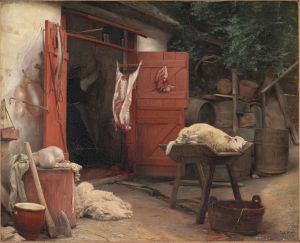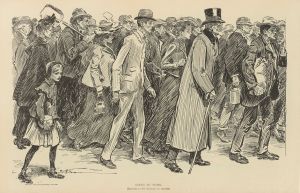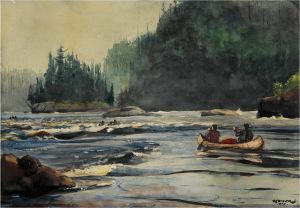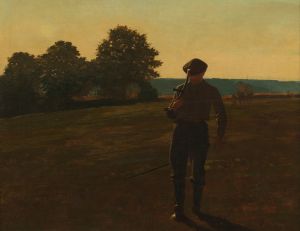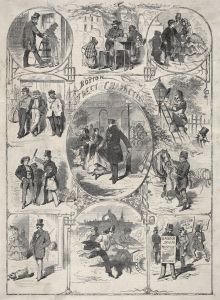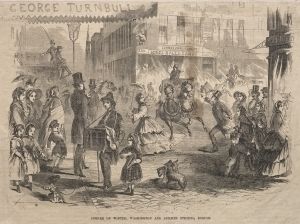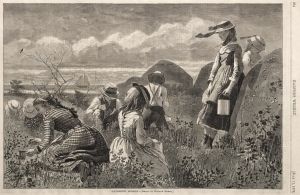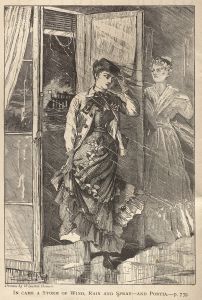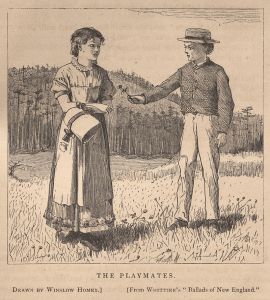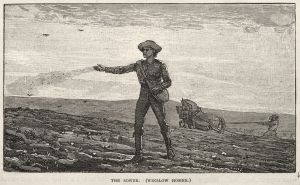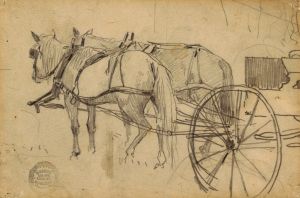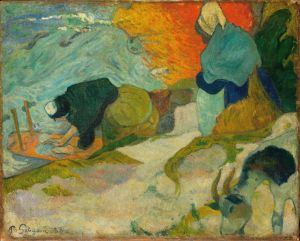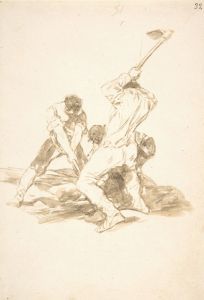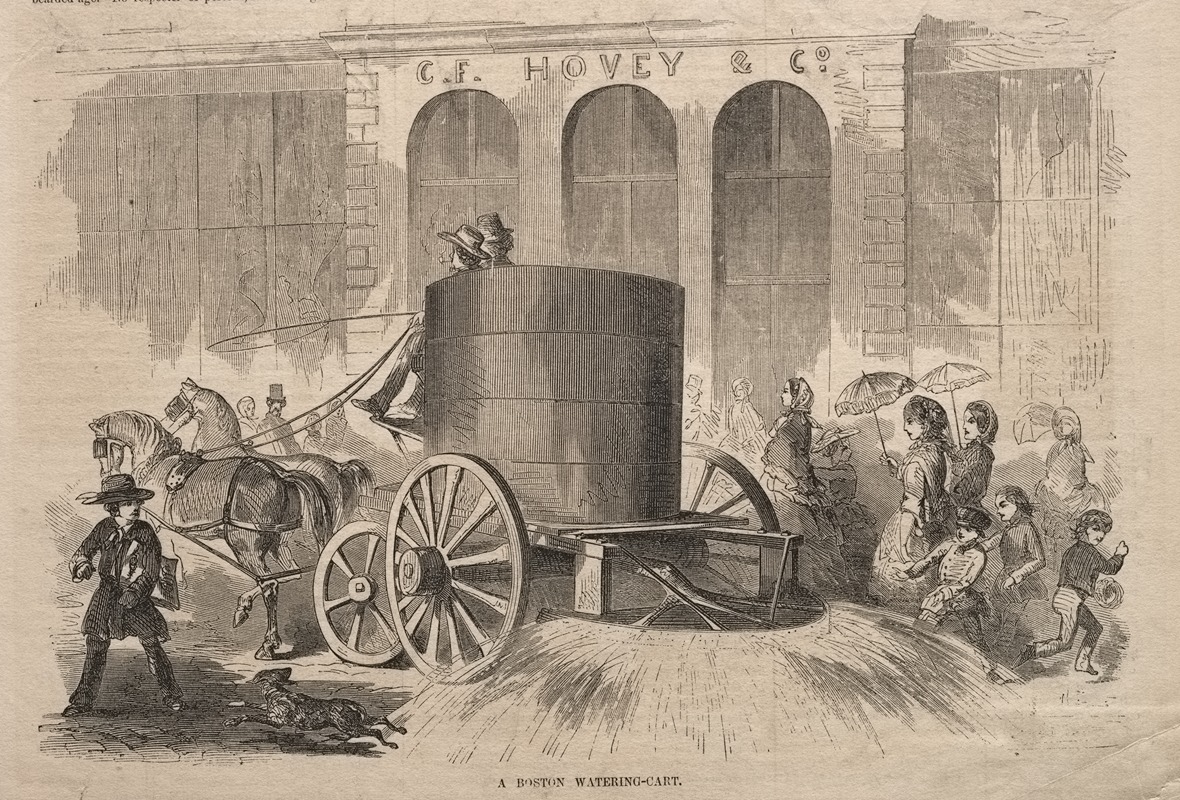
A Boston Watering-Cart
A hand-painted replica of Winslow Homer’s masterpiece A Boston Watering-Cart, meticulously crafted by professional artists to capture the true essence of the original. Each piece is created with museum-quality canvas and rare mineral pigments, carefully painted by experienced artists with delicate brushstrokes and rich, layered colors to perfectly recreate the texture of the original artwork. Unlike machine-printed reproductions, this hand-painted version brings the painting to life, infused with the artist’s emotions and skill in every stroke. Whether for personal collection or home decoration, it instantly elevates the artistic atmosphere of any space.
Winslow Homer’s painting A Boston Watering-Cart is a work created in 1859 by the American artist, who is widely regarded as one of the most significant painters of 19th-century America. The painting depicts a street scene in Boston, Massachusetts, featuring a horse-drawn watering cart, a common sight in urban areas during the mid-19th century. Watering carts were used to sprinkle water on dusty streets, a necessary practice in cities before the advent of modern paving and sanitation systems.
The artwork is notable for its detailed representation of everyday life in an urban setting, showcasing Homer’s early interest in capturing scenes of ordinary people and their environments. This focus on realism and daily activities would become a hallmark of his career. At the time of creating this piece, Homer was working as a commercial illustrator, and his artistic style was influenced by his training in lithography and his work for publications such as Harper’s Weekly.
A Boston Watering-Cart was painted during a formative period in Homer’s career, shortly before he gained widespread recognition for his Civil War illustrations and later for his seascapes and rural scenes. The painting reflects his skill in composition and his ability to convey a sense of movement and atmosphere. The muted color palette and attention to detail in the figures and surroundings suggest Homer’s growing mastery of oil painting, a medium he had recently begun to explore more extensively.
The painting is currently housed in the collection of the Museum of Fine Arts, Boston. It is considered an important example of Homer’s early work and provides insight into his development as an artist. The piece also serves as a valuable historical document, offering a glimpse into the urban life and infrastructure of Boston in the mid-19th century.
Winslow Homer (1836–1910) went on to become one of America’s most celebrated artists, known for his depictions of the American landscape and his innovative use of watercolor. While A Boston Watering-Cart may not be as widely recognized as some of his later works, it remains a significant piece within his oeuvre, illustrating his early artistic interests and his ability to find beauty and meaning in the ordinary.





